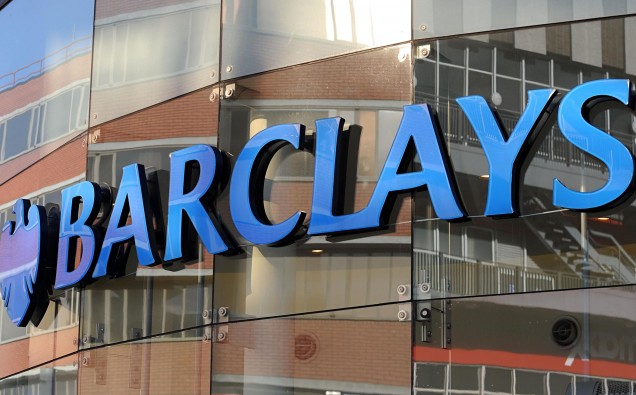Barclays Bank has been charged by The Serious Fraud Office (SFO) over of a $3bn (£2.2bn) loan the bank gave to the State of Qatar. The loan was allegedly a part of a side deal linked to emergency fundraising measures in 2008, which was used to avoid a government bail-out during the financial crisis.
The charge is related to the issues that arose from Barclay’s capital-raising that year.
This charge extends one previously brought against the bank’s parent company, Barclays PLC, for “unlawful financial assistance” last July, over allegations the Qatari loan was used either directly, or indirectly, to buy shares in Barclays.
The SFO has since decided to charge Barclay’s Bank with the same offence as its parent company, despite initial questions arising about if this would occur.
It marked the first criminal charges to be brought in the UK against a bank and its former executives for activities during the financial crisis.
The emergency fundraising at the centre of the SFO case allowed Barclays to avoid the fate of its bailed-out rivals Lloyds Banking Group and Royal Bank of Scotland, who were aided by the UK government and became part-nationalised during the financial crisis of 2008.
Barclays has said it will defend itself and has stressed that ‘Barclays does not expect there to be an impact on its ability to serve its customers and clients as a consequence of the charge having been brought,’ the company said in a statement referring to the SFO prosecution.





















